Seven years after Adama Traore, a young black man, died in police custody, his sister had planned to lead a commemorative march north of Paris in Persan and Beaumont-sur-Oise.
However, with tensions still high following the police killing of 17-year-old Nahel, of Algerian origin, at a traffic stop last week, a court ruled the chance of public disturbance was too high to allow the march to proceed.
In a video posted on Twitter, Assa Traore, Adama’s older sister, confirmed that following the court order “there will be no march in Beaumont-sur-Oise”.
“The government has decided to add fuel to the fire” and “not to respect the death of my little brother”, she said in the video.
Instead of the planned event, she said she would attend a rally on Saturday afternoon in central Paris’ Place de la Republique to tell “the whole world that our dead have the right to exist, even in death”.
However, this “march for justice” will also be banned, according to the Paris police headquarters.
READ ALSO: France bans weekend march over riot fears
Around 30 similar demonstrations against police violence are planned across France this weekend, according to an online map, including in the cities of Lille, Marseille, Nantes and Strasbourg.
Grief and anger
Several trade unions, political parties and associations had called on supporters to join the memorial march for Traore this year as France reels from allegations of institutionalised racism in its police ranks following the police shooting of Nahel M.
Traore, who was 24 years old, died shortly after his arrest in 2016, sparking several nights of unrest that played out similarly to the week-long rioting that erupted across the country in the wake of the point-blank shooting of Nahel during a traffic stop.
The teenager’s death on June 27 rekindled long-standing accusations of systemic racism among security forces, and a UN committee has called on France to ban racial profiling.
The foreign ministry on Saturday disputed what it called “excessive” and “unfounded” remarks by the panel.
The UN Committee on the Elimination of Racial Discrimination (CERD) – 18 independent experts – on Friday asked France to pass legislation defining and banning racial profiling and questioned “excessive use of force by law enforcement”.
The CERD said it was concerned by “the persistent practice of racial profiling combined with the excessive use of force in the application of the law, in particular by the police, against members of minority groups, notably people of African and Arab origin”.
“Any ethnic profiling by law enforcement is banned in France,” the ministry responded, adding that “the struggle against excesses in racial profiling has intensified”.
The communique also voiced “incomprehension at the absence of solidarity and compassion for elected representatives… who were attacked … as well as for the 800 police, gendarmes and firemen injured”, in CERD’s comments.
Far-right parties have linked the most intense and widespread riots France has seen since 2005 to mass migration, and have demanded curbs on new arrivals.
READ ALSO: OPINION: Riots could become France’s most dangerous crisis in decades
Campaign groups say Saturday’s “citizens marches” will be an opportunity for people to express their “grief and anger” at discriminatory police policies, especially in working-class neighbourhoods.
They are urging reforms to the police, including policing tactics and the force’s weaponry.
Government spokesman Olivier Veran criticised the organisations for convening demonstrations “in major cities that have not yet recovered from the rampages”.
More than 3,700 people have been taken into police custody in connection with the protests since Nahel’s death, including at least 1,160 minors, according to official figures.

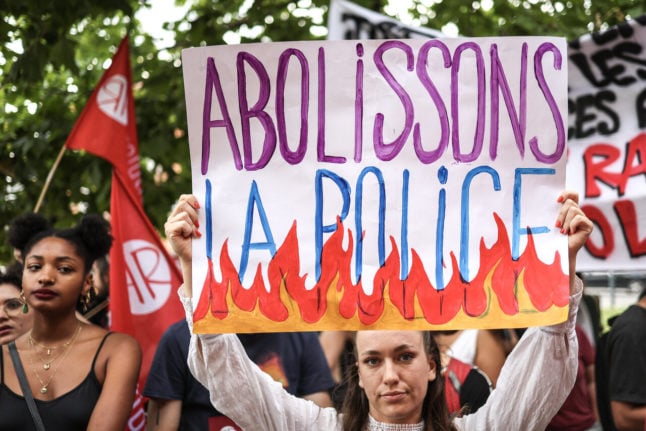
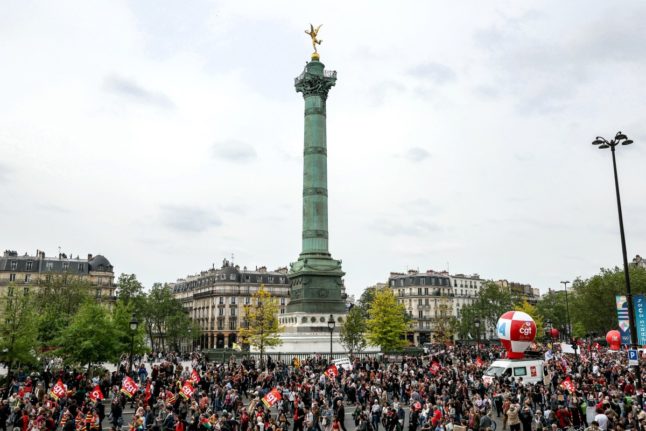
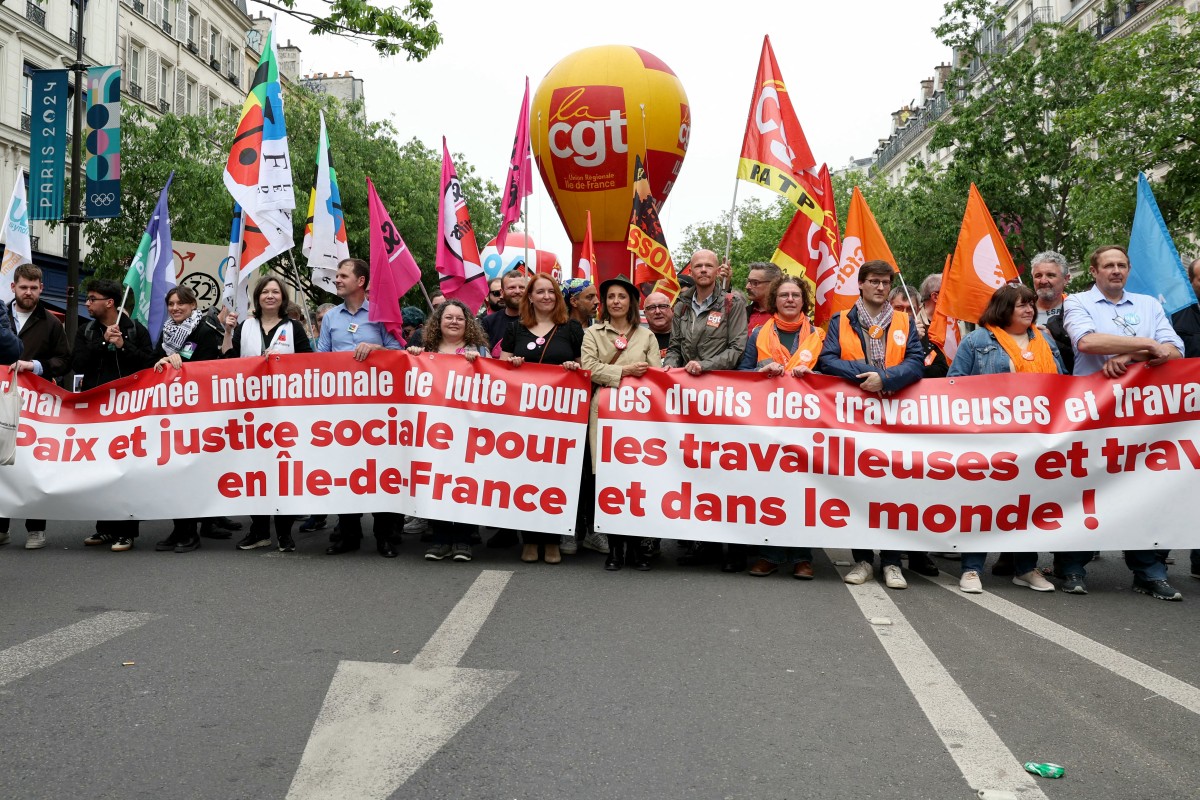
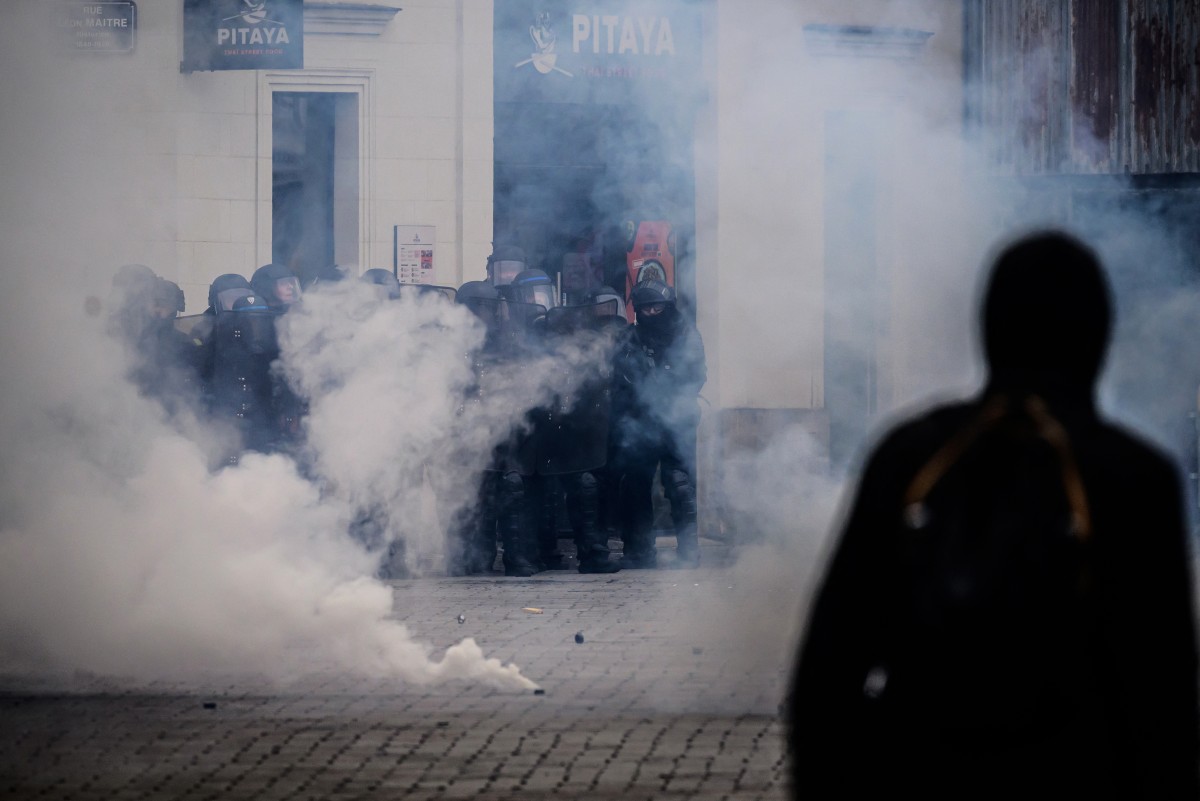
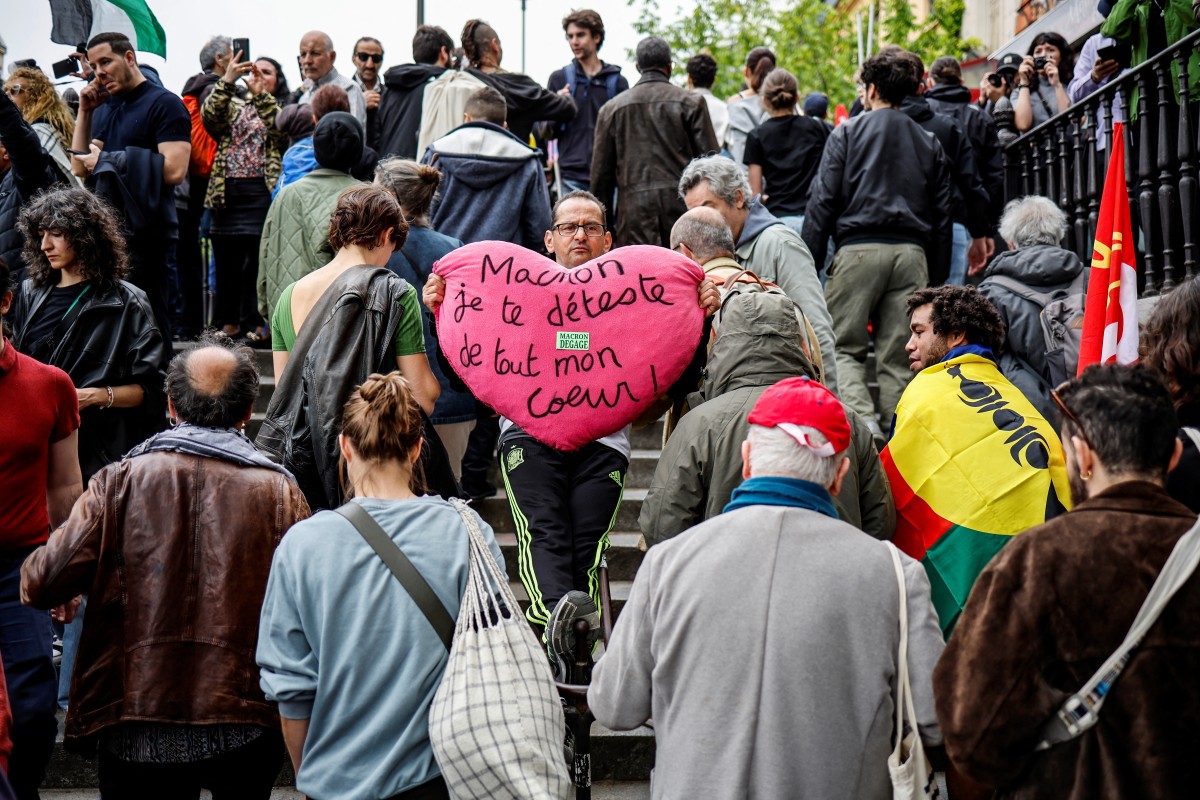

 Please whitelist us to continue reading.
Please whitelist us to continue reading.
Member comments